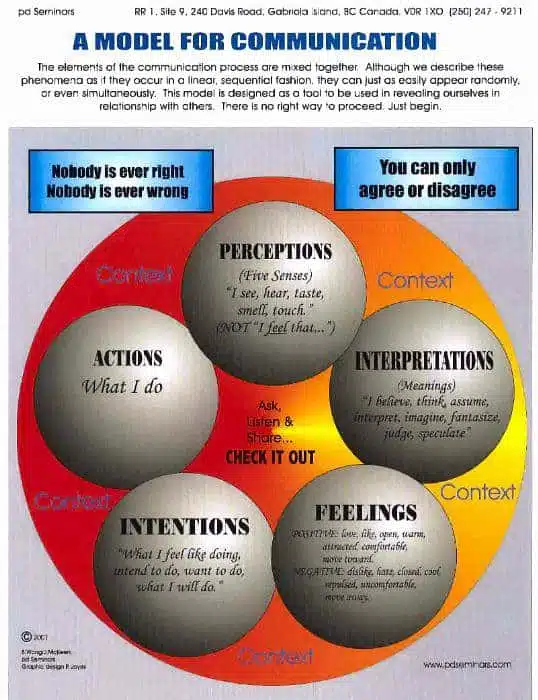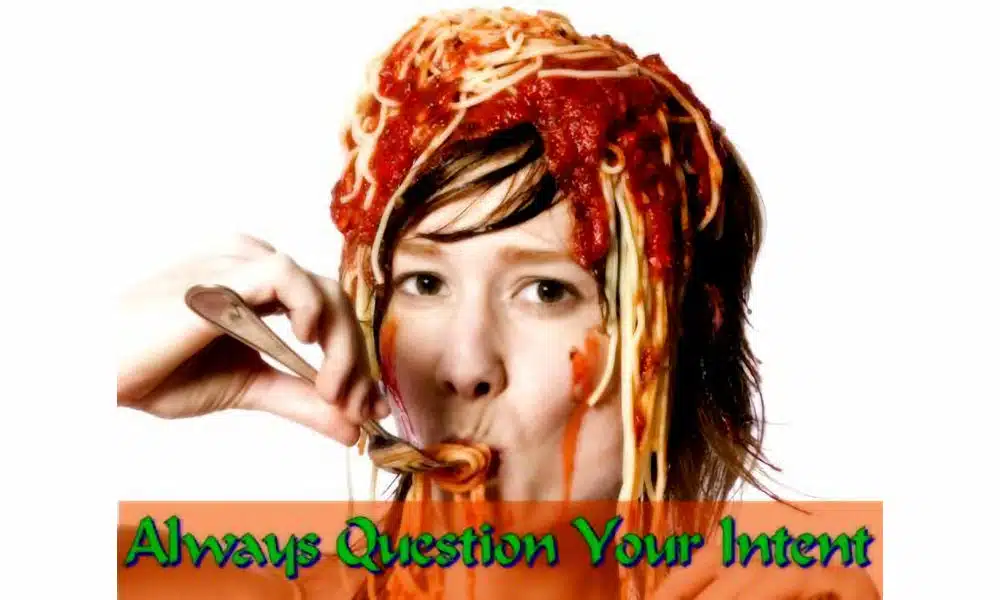Wise Intention is the bedrock of both elegant communication and grounded living.
This topic is addressed in two of my books, Half Asleep in the Buddha Hall and The. Best. Relationship. Ever.

Want to learn more about living a full and meaningful life?
Want to have the best relationship ever?
Check out my books
I want to give a shout out to Lion’s Roar, and to the article How to Practice Wise Intention, written by Sylvia Boorstein.
So, what exactly is wise intention and why would I want some?
To put this in context, in Buddhism The Four Noble Truths, or perhaps more clearly, the 4 Preeminent Realities, are the 4 Descriptors of the way it is.
You can read about this in Half Asleep in the Buddha Hall, but the gist is that we realize, endlessly, the unsatisfactoriness of the life we create, and we try to cling to what we judge is good while resisting what we judge to be bad.
The way out, we learn:
…of this cycle is through cessation (nirodha). If I stop desiring, (through the disciplining and emptying of the mind) and live in the Now (because desire is always about wanting (or avoiding) what I had in the past or wanting (or avoiding) something in the future), my sense of unsatisfactoriness (suffering) will cease.
The cure proposed by the Buddha, is magga — the Eightfold Path of ‘sound living, one of which is “wise intention.”
On the “western side,” there are a couple of really popular communication models, and they feature 5 elements: perception, feeling, interpretation, intention, and action.

I guess wise intention is important! 😉
Intention is really the check point… it’s like a safety valve… for how your life goes. We use it in the Communication Model to state clearly what we will do. It becomes a safety valve as you ask yourself,
Is this (result) what I intend?
Let’s say I’m annoying myself in a sitation and I react by yelling. The situation spins into anger and recriminations.
At any point (preferably just ahead of yelling…) I ask myself, “Is this action (yelling) getting me what I say I want? (my intention)”
The Thing about intention is that it requires (as, really, does all of this approach) that I pay attention, constantly. I can’t get over myself and find a grounded way of being if I’m tuned out.
The key here is to remember that all I have control over is myself.
Other people are doing what they are doing, and none of what they are doing is about me. They are reacting, or choosing not to react. But all I have to work with is what is directly in front of me.
And my intention.
If my intention is to live the eightfold path… if my intention is to have deep and meaningful relationships, then I must set my intention as:
do no harm. Pay attention. Act so that each situation has a chance to blossom. Clear my mind from blame and judgement.
In other words, I am totally responsible for the only thing I can be responsible for… how I am in the world. How, in other words, I act.
Notice I didn’t say think. Up in my head I may still be yelling, judging, cursing. (Knowing me, I am!) This is just how my mind is. I need to see it and acknowledge it to myself (and to others who might be curious.)
But the key… the only important thing, is this: given this situation, and despite what’s going on in my head, what shall I do?
And the answer ought to be: I will act in accordance with my belief in the benefit of being present, collected, and aware. In all things, to bring, and be, peace.
